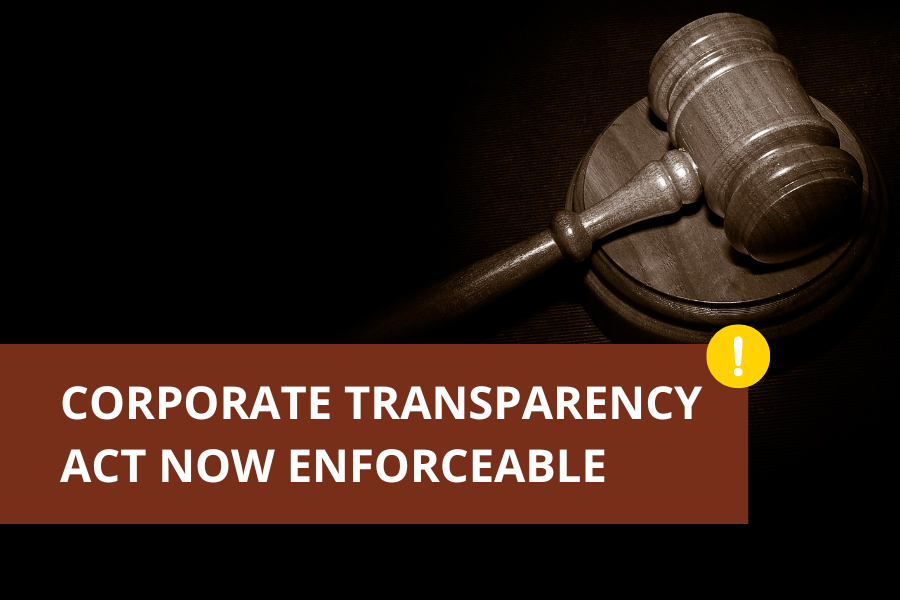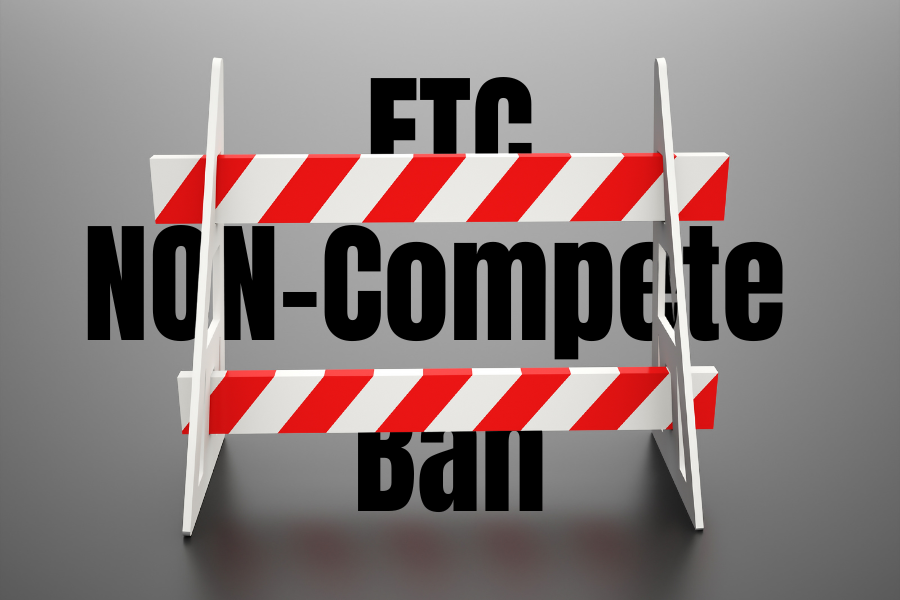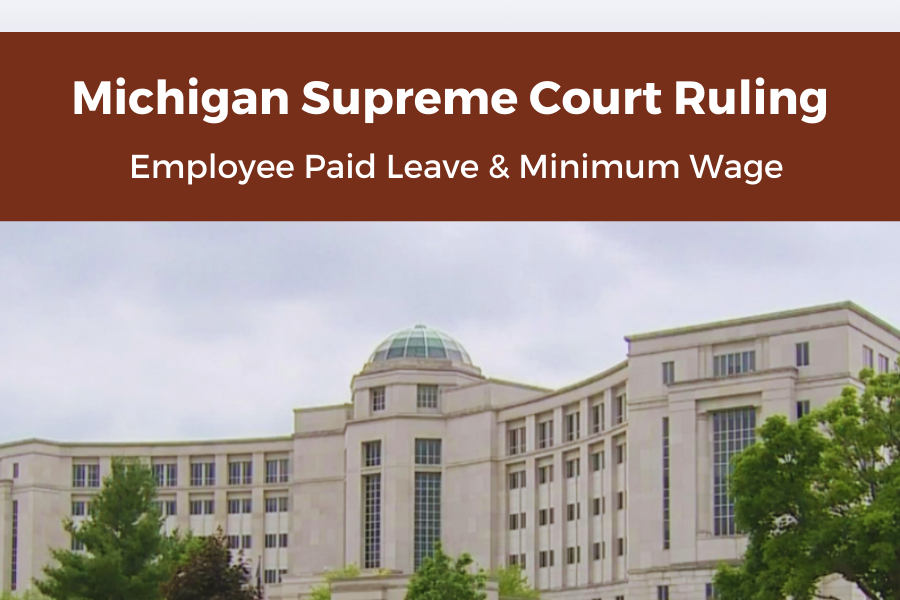In these uncertain times, many are wondering how Governor Whitmer’s “Stay Home, Stay Safe” Executive Order 2020-21 will be enforced and by whom.
The confusion and uncertainty among construction workers and other businesses about what projects are deemed “critical infrastructure,” what companies are deemed “critical infrastructure workers,” and which employees are considered “essential” is further complicated when the consequence for each violation of the Executive Order is a misdemeanor that could result in a $500 fine and/or 90 days in jail. Here’s what we know about enforcement of the Executive Order so far.
Michigan’s Attorney General’s Office has temporarily shut down its consumer complaint hotline and instructed that all Executive Order violations be referred to law enforcement personnel. As a result, local and state law enforcement officials are tasked with the intake and investigation of complaints from civilians, businesses, and employees that others are violating the Executive Order, adding more pressure on the already busy law enforcement and emergency personnel called in to help patients suffering from COVID-19 related issues.
The Attorney General’s office anticipates that once local law enforcement has been contacted, law enforcement officials will first seek to educate by offenders by providing the them with a copy of the Executive Order and a reminder that each violation is a misdemeanor and carries the potential for a $500 fine and/or 90 days in jail. If there are numerous calls regarding any one offender, local law enforcement will likely get their local prosecutors involved. Local law enforcement and the Michigan State Police have confirmed this approach, stating there are no plans to randomly pull over drivers or to randomly inspect a business. However, Michigan State Police said they will remain visible and be ready to enforce the law when needed. Further, prosecutors have taken a similar approach and advised local law enforcement to use warnings to accomplish compliance in the first instance. If the offense is one that appears to have clear public health consequences, or the order by law enforcement to cease and desist is ignored, prosecutors have indicated the offense could result in an arrest for Resisting and Obstruction a Police Officer, a 2-year felony. Law enforcement personnel and prosecutors are already inspecting businesses and issuing warnings.










